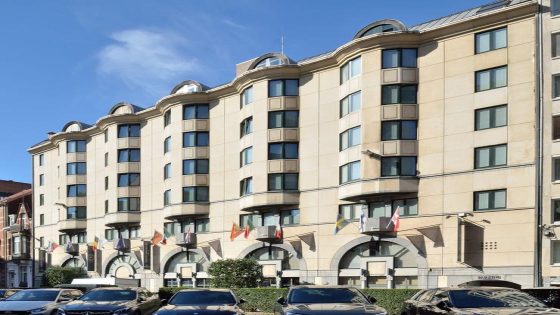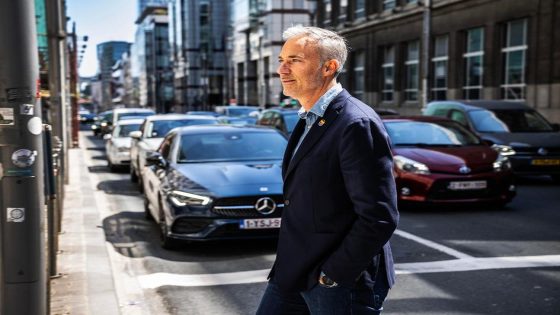On 2025-05-21 22:03:00, a controversial seminar on “Women and Conservatism” took place in Brussels, drawing attention for its ties to far-right groups. The event, held at a hotel on Karel de Grotelaan, was led by Alice Cordier of the extremist group Nemesis and Barbara Bonte, a Vlaams Belang MEP. Police barricaded the venue’s entrance amid protests from antifascist and feminist activists.
- Seminar on "Women and conservatism" held
- Event led by far-right figures
- MCC Brussels linked to Hungarian regime
- Police barricade hotel entrance during event
- Hotels cancel far-right conference bookings
- Activists protest against extremist gatherings
These protesters declared they would never accept far-right events in Brussels, emphasizing that tolerating intolerance only allows it to grow. The seminar’s connection to MCC Brussels, a branch of the Hungarian Mathias Corvinus Collegium backed by Viktor Orbán’s regime, raised further concerns about foreign political influence within Europe.
With the hotel management claiming ignorance of MCC Brussels’ extremist links and legal constraints preventing contract cancellations, what does this incident reveal about Brussels’ role in hosting politically sensitive events? The following Fast Answer sheds light on the local implications.
Why does Brussels remain a hotspot for such contentious events? The situation underscores several critical points:
- Far-right groups exploit legal loopholes to hold events despite public opposition.
- Financial backing from regimes like Orbán’s Hungary enables ideological exportation into EU institutions.
- Local antifascist activism plays a vital role in raising awareness and prompting venue cancellations.
- Hotel chains face dilemmas balancing contractual obligations with ethical considerations.
Looking ahead, Brussels must strengthen policies and community engagement to ensure its venues do not become platforms for intolerance. Will hotel operators and local authorities collaborate more closely to uphold democratic values? The city’s response may set a precedent for managing politically sensitive gatherings across Europe.































